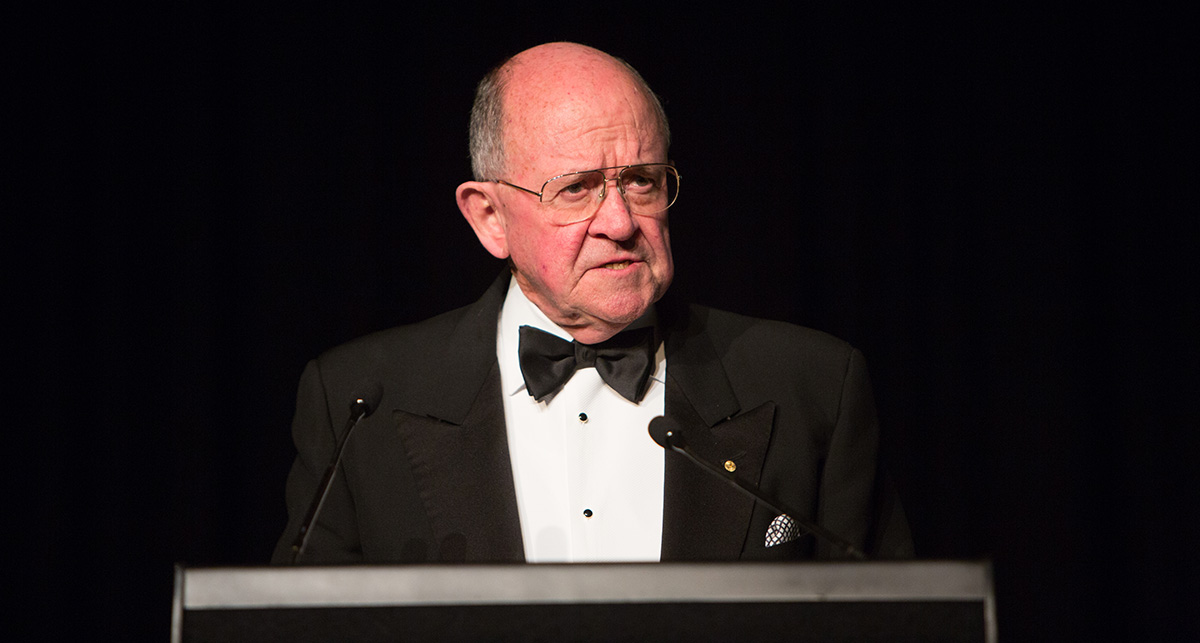The health and medical research sector welcomes the recent announcement by the Treasurer that the Government will respond to the R&D Tax Incentive Review in the upcoming Budget and end the lingering uncertainty that surrounds the future of this important scheme.
The Treasurer wants the R&D Tax incentive to direct funds to truly research-intensive industries. In particular, to those companies that won’t immediately benefit from a lower company tax rate.
The Treasurer need look no further than the health and medical research sector. These are the kinds of entities who rely on the R&D Tax incentive to develop high-cost, long lead time technologies like medicines and vaccines, with clinical trials.
Relative to many other sectors, the commercialisation of health and medical research has longer timeframes, due to significant scientific and regulatory hurdles to reach market (patients), and there is higher expenditure on R&D, particularly in later stages with activities like clinical trials.
The health and medical research sector is asking to be exempt from any caps on the refundable component of the R&D Tax incentive.
If a $4 million cap for the refundable component is implemented in the upcoming Federal Budget, then at the very least, health innovators should be carved out to ensure they can still run clinical trials in Australia. Clinical trials provide early access for Australian patients to promising new treatments – often in areas where effective treatments don’t exist. Clinical trials also drive significant economic activity, support STEMM jobs and attract foreign investment.
The health and medical research sector is willing to support changes to the R&D Tax incentive which ensure that it is delivering real benefit to Australia because we want the scheme to have long-term sustainability. The right policy settings will optimise the ability of Australian health and medical researchers to contribute to a healthy population and a healthy economy.


